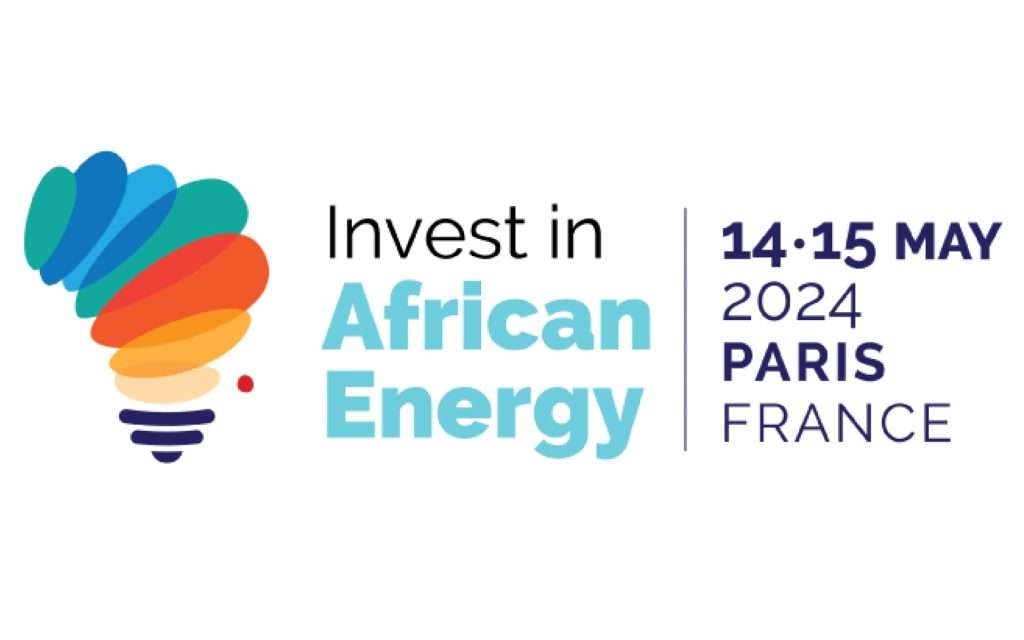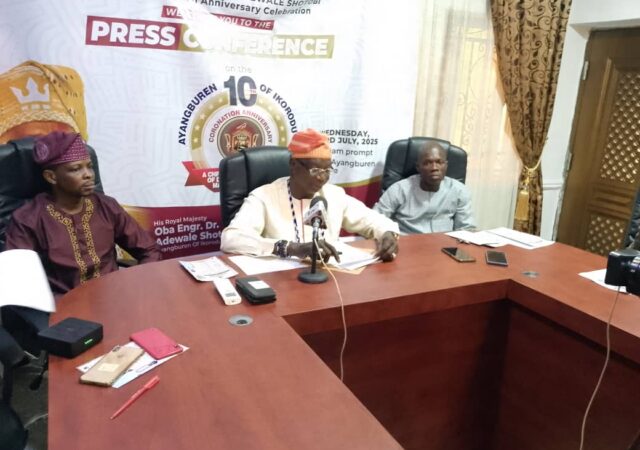- European energy companies are invited to attend Energy Capital & Power’s Invest in African Energy forum in Paris, which will showcase Africa’s latest developments in LNG, renewables, green hydrogen and carbon capture
European partners have been vocal about plans to boost clean, smart and secure investments in Africa’s energy sector, with the EU’s Global Gateway Initiative aiming to mobilize €150 billion across the continent through 2027.
Motivations for this range from securing the bloc’s own energy supplies, to strengthening energy diplomacy on the continent, to generating high returns on critical infrastructure investments.
Given Europe’s focus on sustainable energy development, the upcoming Invest in African Energy (IAE) forum taking place in Paris on May 14-15 – will showcase opportunities for the European and global private sector to develop and advance natural gas, renewable energy, green hydrogen and decarbonization technologies across the continent, with a view to supporting Africa’s role in the global energy transition.
LNG
As Africa looks to develop its gas for domestic and export markets, LNG represents a critical investment avenue for European partners and investors. Representing a relatively clean-burning fossil fuel that can deliver energy reliably and to scale, LNG has been positioned as the fuel of the future and the key to meeting rising energy demand in Africa and globally. European majors and independents are already at the helm of developing world-class LNG facilities across the continent, from bp’s Greater Tortue Ahmeyim LNG in Senegal and Mauritania, to Perenco’s Cap Lopez LNG Terminal in Gabon, to Eni’s Congo LNG in the Republic of Congo. The continent features myriad opportunities in the exploration, transport, processing and storage of natural gas and associated EPC contract value in establishing integrated gas value chains.
Renewables
Africa’s solar potential is measured at 7,900 GW – more than 1,000 times its current solar generation capacity – while wind potential is measured at 461 GW, which equates to 100 times the current wind generation capacity. The continent is home to considerable technical potential for hydropower – which accounts for approximately 17% of its electricity generation on average – and is set to overtake Europe in installed geothermal capacity by the end of the decade. Given Africa’s prolific energy needs, decentralized power solutions (https://apo-opa.co/4aRnFuC) – particularly from renewables – hold the capacity to help electrify rural parts of the continent, while aligning with net-zero targets.
Green Hydrogen
Owing to its substantial and often co-located renewable resources, Africa provides optimal conditions for the development of green hydrogen and green ammonia, estimated to be able to produce a surplus of 20-40 million tons of green hydrogen per year by 2050. The continent is home to several major green hydrogen projects – namely, the 15 GW Aman project in Mauritania, 3 GW Tsau Khaeb project in Namibia and 4 GW SCZONE project in Egypt. Germany has emerged as an active player in this domain by investing in and lending technical expertise to hydrogen development in Angola, Mauritania and Namibia, as well as pledging to invest €4 billion in sustainable energy projects in Africa – including renewable power, green hydrogen and critical raw mineral extraction – through 2030. The EU is targeting ten million tons of imported renewable hydrogen per year by 2030, offering development finance and production subsidies to help African countries develop their green hydrogen supplies.
Carbon Capture and Storage (CCUS)
Capturing carbon dioxide produced from burning fossil fuels or as a by-product of industrial manufacturing processes, CCUS technology represents a dynamic investment opportunity within Africa’s energy transition. It holds a wide range of applications – from enhanced oil recovery to fuel production to waste-to-energy plants – and aligns with Africa’s decarbonization goals, while enabling much-needed energy production. CCUS projects are already underway in South Africa’s Mpumalanga Province – where it will capture carbon dioxide from coal-fired power stations – and at Egypt’s Meleiha Field, part of a broader $25-million, multi-phase CCUS project. CCUS aligns closely with the EU’s broader decarbonization goals and represents a strategic area of potential collaboration between European and African service providers by way of sharing best practices, technical expertise and technological innovation.








Eye Movement Desensitization and Reprocessing Therapy within the context of the Workplace and Addressing Trauma and Stress Among Employees
Some sort of company can easily be any source connected with both fulfillment and stress, in addition to exposure to traumatic events or perhaps high levels regarding work-related stress could have a significant impact regarding employees’ mental health and wellness. Eye Movement Sensory Desensitization in addition to Desensitization (Eye Movement Desensitization and Reprocessing) therapy gives any valuable resource with regard to addressing trauma and stress inside the company, supporting employees in coping with this psychological effects regarding their work along with promoting resilience and recovery.
On this forum post, many of us explore the application linked with EMDR therapy in workplace settings as well as discuss its potential benefits for addressing trauma-related concerns along with promoting employee well-being.
One of those of the primary concerns experienced by employers will be the impact associated with workplace trauma on employee morale, productivity, in addition to retention. EMDR therapy supplies a structured and also evidence-based approach to help trauma treatment that will may help employees process distressing memories and reduce the emotional intensity of their reactions, enabling them to be able to function more successfully within the workplace.
Also, EMDR therapy might be integrated straight into staff solutions programs (EAPs) as well as workplace health and fitness initiatives, providing a additional tool with regard to approaching trauma-related concerns alongside other interventions including counseling, stress management, and also resiliency practise.
In addition, EMDR therapy’s portability and also versatility make it well-suited intended for use with workplace settings, where by access to be able to traditional therapy may be limited or perhaps impractical. By offering working as well as approachable trauma process, EMDR therapy supports the well-being linked with employees along with contributes to help a healthier as well as more supportive work place.
[url=https://lkinstitute.com/protecting-my-system]EMDR intensive treatment[/url]
6c2b566
High-pressure washing can effectively prevent deterioration to commercial building facades. By lowering the deterioration and damage resulting from mildew, mildew, and dirt collection, business exteriors stay in good shape. Consistent power washing removes impurities that might lead to structural damage and harm building materials. This proactive step helps preserve the integrity and condition of the property, reducing the need for expensive fixes and renewals. Furthermore, a clean building facade improves the overall image of the company, leading it to be more inviting to visitors and clients. By implementing high-pressure washing, building managers can protect their properties and make sure they are kept in optimal state. If you are interested, please visit my home and business pressure cleaning site to find out more.
[url=https://calipressurewashing.net/elk-grove-ca-residential-commercial-pressure-washing/]Residential Building Steam Soft-Wash near Sunnyvale for realtors[/url]
[url=https://4ufos.com/index.php?topic=167.new#new]Enhancing Business for Restaurants[/url] 1f4c589